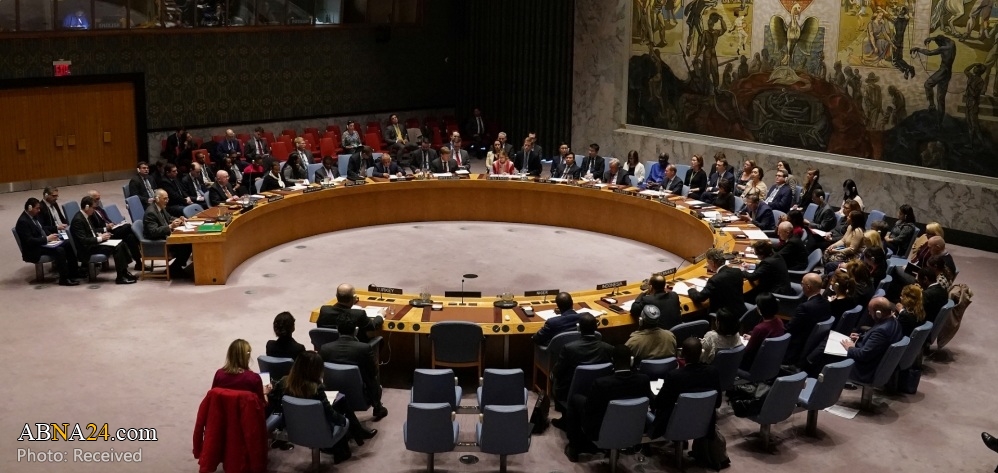After a long period of consultations, implementing and using all hard and soft tools to persuade the Security Council to declare agreement on the extension of the Islamic Republic of Iran’s arms embargo, yesterday, the White House faced a severe and incomparable defeat in the history of its diplomacy to such an extent that it has resulted in a major failure for Trump and his anti-Iranian team.
The US and the Dominican Republic voted in favor of the draft resolution, while China and Russia voted against it, on the other hand, remaining members of the Security Council abstained it and so in that respect the US draft was cancelled out and rejected for the second time in the last few months.
The magnitude of this defeat for Trump's foreign policy can be observed and seen in Pompeo's fury concerning such a decision being made in favor of Iran. After the humiliation and defeat the US department of State in an announcement said "in the Security Council, The United Nations Security Council is charged with the responsibility of maintaining international peace and security. It failed today to uphold its fundamental mission set. It rejected a reasonable resolution to extend the 13-year old arms embargo on Iran…"
Victorious Iran; strategic impasse for America
Failure in the Security Council by all means can be considered a complete political defeat for the US and its strategy of maximum pressure on Iran after Trump's withdrawal from the nuclear deal, and a victorious outcome for the Islamic Republic's strategy of not completely withdrawing from the nuclear deal while taking steps in the direction of reducing its commitment.
With full confidence in the effectiveness of the policy of pressure on Iran, Trump optimistically withdrew from the nuclear deal, but in recent days, two major events have led to the complete failure of such a policy. First, resignation of the US Special Representative for Iran, Brian Hook, and second, failure in the Security Council.
As for now, Trump has no clear strategy for halting Iran's nuclear program, and due to its withdrawal from the agreement, the legal possibility of using the trigger mechanism to reinstate UN sanctions against Tehran has become virtually impossible. On the other hand, the legitimacy of the sanctions has been called into question by the international community due to the White House's illegal and coercive actions. In addition to this, Iran’s neighboring countries and Eastern powers such as China and Russia have announced that they are ready to cooperate with Iran, especially in the field of military collaborations.
The end of soft power and the historical isolation of the White House
Looking from another perspective, one should recognize that US failure to extend the arms embargo on Tehran indicates that the so called “super power” fame title is gradually and surely fading away from its previous status. Although the US power has been deteriorating over the past two decades and other international powers' might has been increasing in the face of Washington's unilateral policies in the international arena, but there has never been another time that could be stated and referred to as when smaller countries and US allies would openly oppose White House policies, leaving Washington helpless, becoming incapable of bringing these countries together to take an unilateral stance in its favor. The abstention of small countries in terms of having an opportunity to play a role in the international arena, such as Slovenia and Tunisia, or the abstention of European countries, who have always stood firm in the UN and Security Council for criticizing Iran’s missile program demonstrates the clear reduction of US soft power and political isolation during Trump era. European countries were amongst the founders of United Nations Security Council Resolution 2231 and therefore refused to cooperate with the White House in order to once more show the existence of serious disagreements created in the transatlantic alliances.
During the Cold War, in opposition, America vetoed Soviet policies and the Soviet’s proposed resolutions without directly vetoing it but by having other members also following America’s lead, which in terms was so-called ‘The Hidden Veto’, but now the White House is unable to even bring its traditional allies into NATO. As a direct result, with Trump in office, the voice of the opposition has grown louder, even among small nations, against the unilateral, illegal, and destabilizing policies of the White House.
/129

